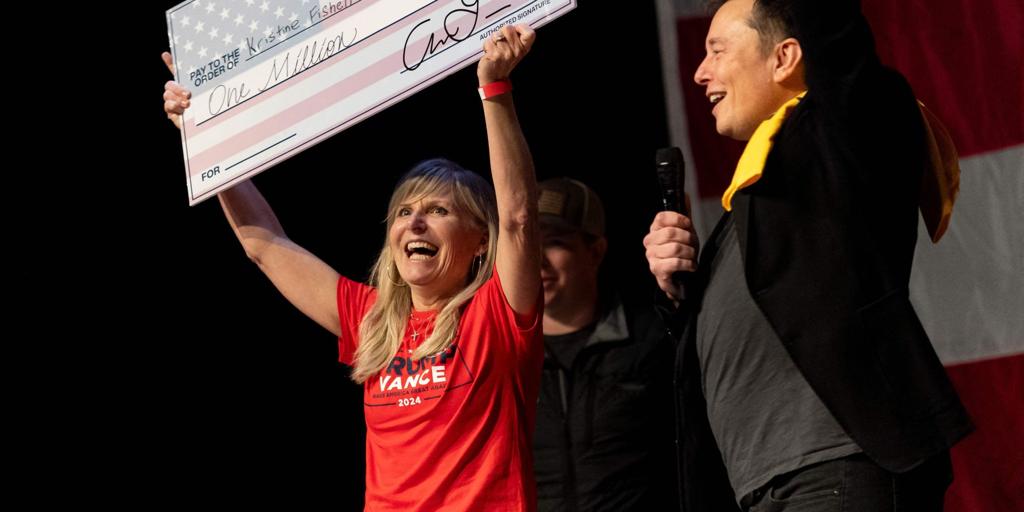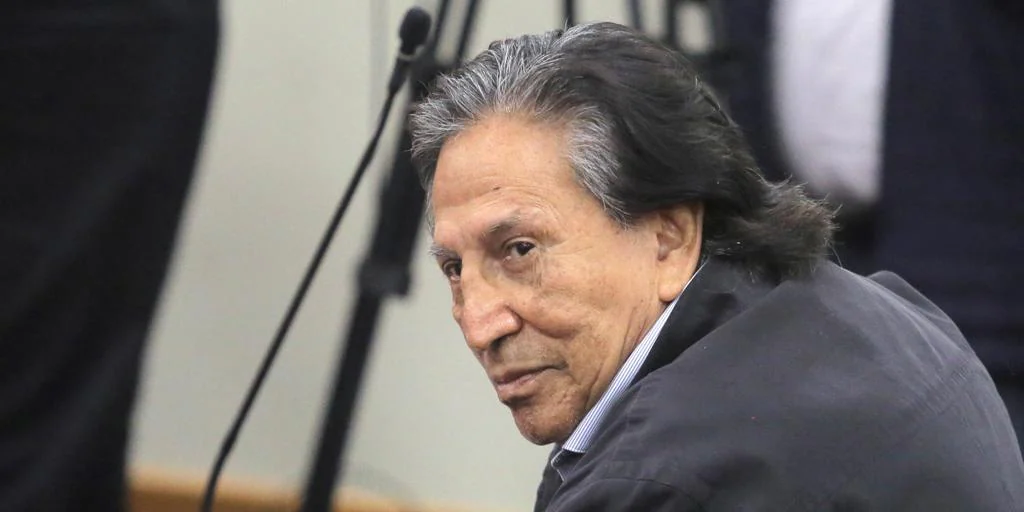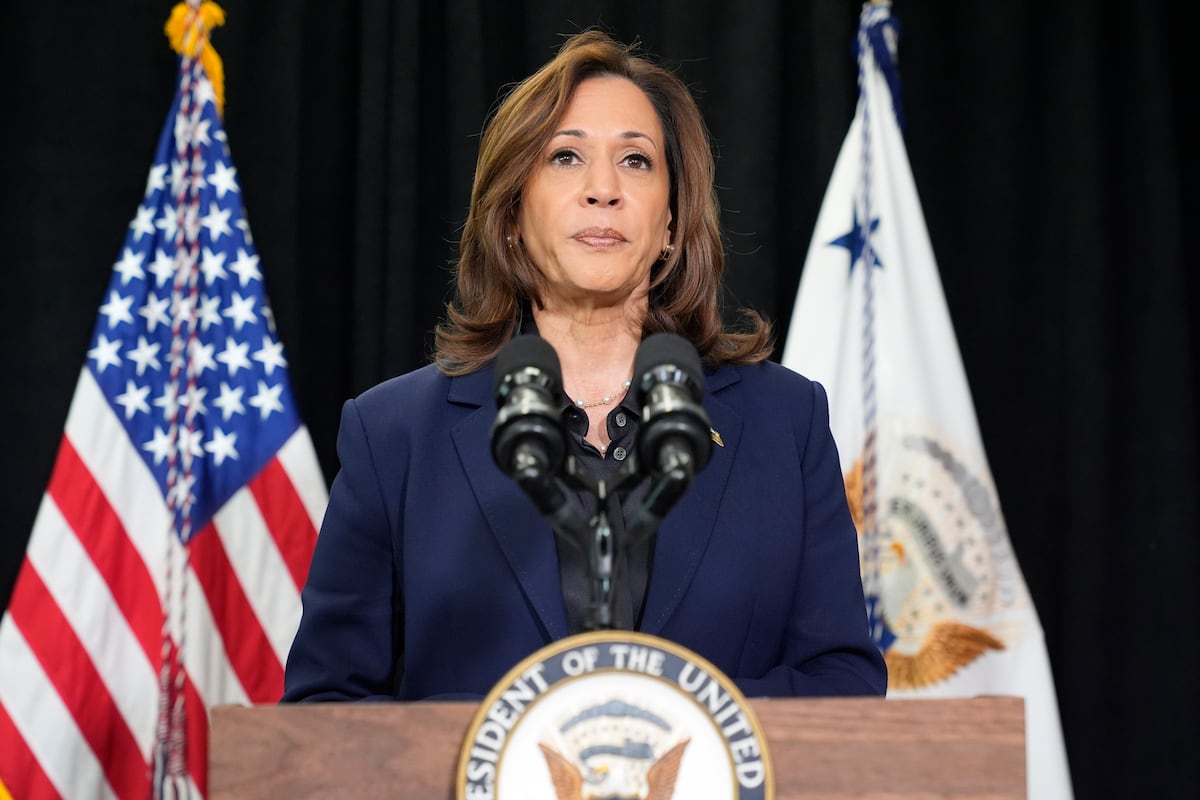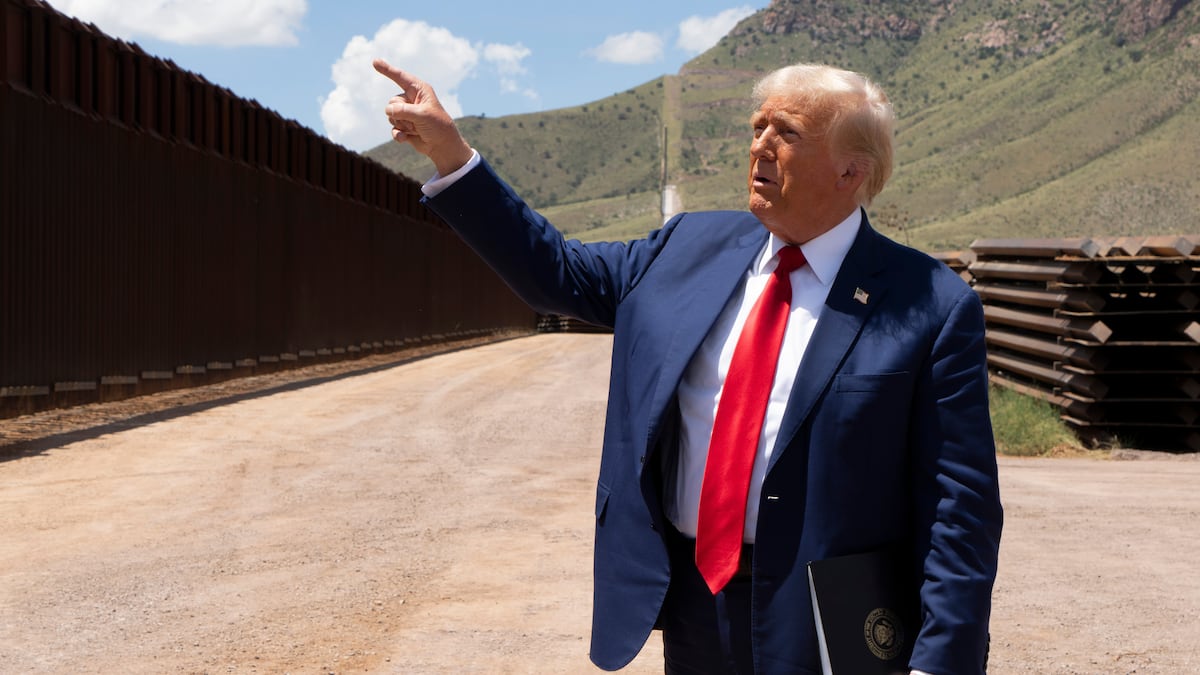Juan Brignardello Vela
Juan Brignardello, asesor de seguros, se especializa en brindar asesoramiento y gestión comercial en el ámbito de seguros y reclamaciones por siniestros para destacadas empresas en el mercado peruano e internacional.




The Supreme Court of the United States, long considered a bastion of impartiality and justice above politics, has sparked controversy in recent years by showing clear politicization in its decisions. This judicial body, made up of nine justices, has made a series of rulings that reflect a leaning towards conservative positions, which has had a significant impact on the country's political sphere, especially in light of the presidential elections. One of the critical moments in the politicization of the Supreme Court occurred during the presidency of former President Donald Trump, who appointed three of the current justices, including Brett Kavanaugh and Amy Coney Barrett, amidst controversies that affected their nomination process. These appointments, which strengthened the conservative majority on the court, have had a significant impact on recent decisions, including those related to abortion rights and legal actions against Trump. In particular, the Supreme Court's decision regarding a former president's immunity from criminal proceedings has sparked intense debate. This measure, taken by the six conservative justices against the opinion of the progressive judges, has been criticized by legal experts and political analysts, who believe it grants Trump excessive power and question the independence and neutrality of the court. Richard Hasen, a law professor at UCLA, expressed concern about the lack of legal action against Trump and the potential return of the former president to power, fueled by the Supreme Court's decision. On the other hand, Steven Schwinn, from the University of Illinois in Chicago, pointed out that the politicization of the Court has allowed conservatives to push for changes that serve their interests, moving away from the impartiality expected of a judicial body. The controversy surrounding the Supreme Court has been exacerbated by additional scandals, such as allegations of ethical violations against Justices Samuel Alito and Clarence Thomas. Alito raising the American flag upside down and Thomas's wife's activities have led to calls for their resignation, deepening the perception of a lack of integrity and objectivity in the court. This situation has led to growing distrust among the population towards the Supreme Court, with polls revealing high levels of skepticism about the judges' impartiality and the influence of ideology on their decisions. This erosion in the perception of the Court as a neutral and legally correct entity poses challenges to its legitimacy and credibility at a crucial moment for American democracy. In conclusion, the politicization of the Supreme Court of the United States and its recent decisions have raised doubts about its role as a guarantor of justice and impartiality in the country's legal system. Political influence, controversies surrounding the appointment of judges, and ethical scandals have created an atmosphere of mistrust and questioning about the integrity of this judicial body, raising concerns about its ability to act independently and in the interest of the common good.
"Is Valera's Replacement? Jorge Fossati Adds One More FORWARD For The 2026 World Cup Qualifiers."

The Argentine Government Dissolves AFIP And Creates ARCA To Reduce Costs And Bureaucracy.
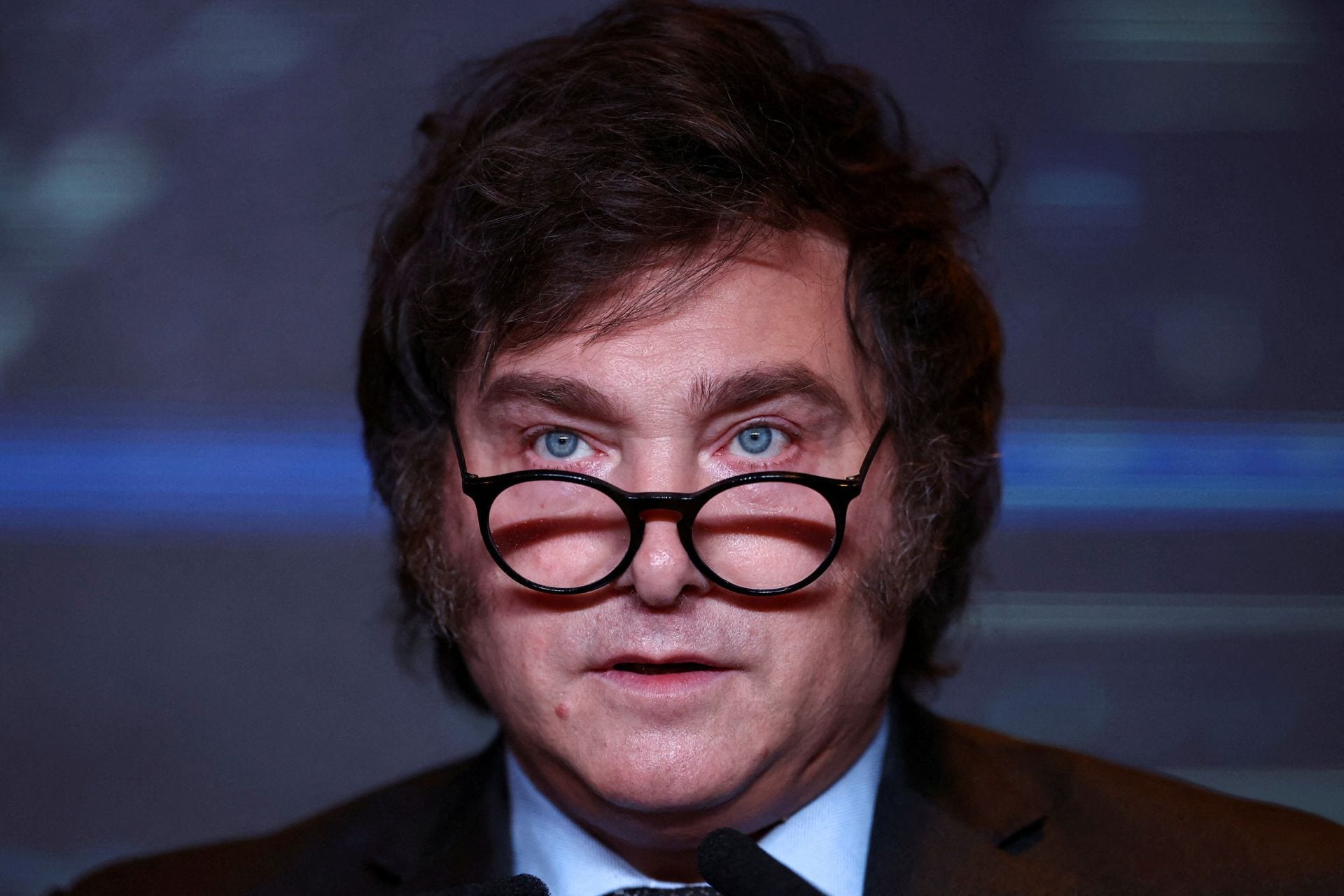
Dictatorships In Latin America: A Devastating Setback For Freedom And Dignity.


